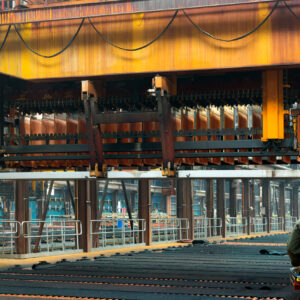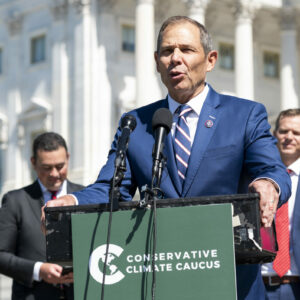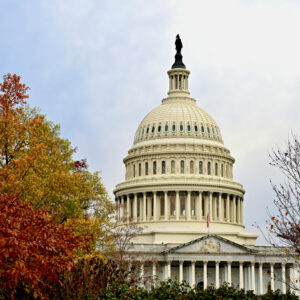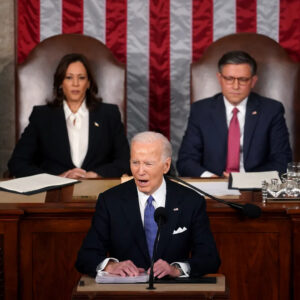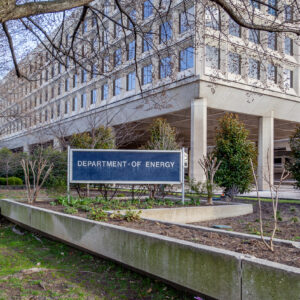The best climate policies are good for people and the planet.
The SEC’s climate disclosure rule will be very expensive and produce minimal benefits
"We can all agree that if the climate changes, then most businesses will suffer consequences. But to ask each firm to assess the material impact of climate risks on its 'business strategy, operations, and financial conditions' would require firms to become experts in how and when such risks will manifest. This is beyond the scope of firms to assess and beyond the scope of the SEC to require."
Modern Mining, Outdated Permitting: Black Butte Copper Mine
It’s imperative that we reform the environmental permitting process to strike a better balance between environmental protection and responsible resource development.
Why Liberal Partisans Resent the Conservative Climate Caucus
The sooner conservatives blow up the narrative that they don’t care about climate change and don’t have any policy ideas, the sooner we’ll get to a serious debate about durable solutions that will be good for people and the planet.
U.S. Inability To Address Nuclear Waste Harms Environmental Progress
By reforming the broken Nuclear Waste Policy Act, engaging with communities, and investing in innovation, the U.S. can more efficiently handle its spent fuel and address one of the biggest roadblocks to unleashing a nuclear energy revolution.
A Republican Climate Caucus? Yes, It Exists and Is Growing
"Despite the low marks in the eyes of many environmentalists, the caucus represents an evolution for many Republicans on climate change. The group—one of a growing number of conservative organizations weighing in on climate issues—says it believes that the climate is changing and that the global industrial era is contributing to it."
House Science Committee Explores Ways to Improve ARPA-E
With changes, ARPA-E can be more effective in accelerating technological breakthroughs that bolster economic progress, reduce emissions, and advance American leadership.
The Ideology and Reality of Carbon Capture Utilization and Storage
"In the future, we will see plane tickets that are carbon neutral thanks to carbon dioxide removal, and natural gas power plants that have no pollution at all. These are opportunities to be welcomed, rather than solutions to be shunned for the unforgivable sin of not being an environmental activists’ preferred climate solution."
President Biden Turns It Up to 11
Biden performed well above already low expectations but if he doesn’t alter the fundamentals of the 2024 race dramatically and quickly, this State of the Union will be his last.
New Report Details How Reorganizing the Department of Energy Will Accelerate Innovation
The Department of Energy is critical to advancing energy innovation, strengthening American competitiveness, and accelerating climate progress. Reforms will bring greater oversight, transparency and, effectiveness to the agency’s operations.


